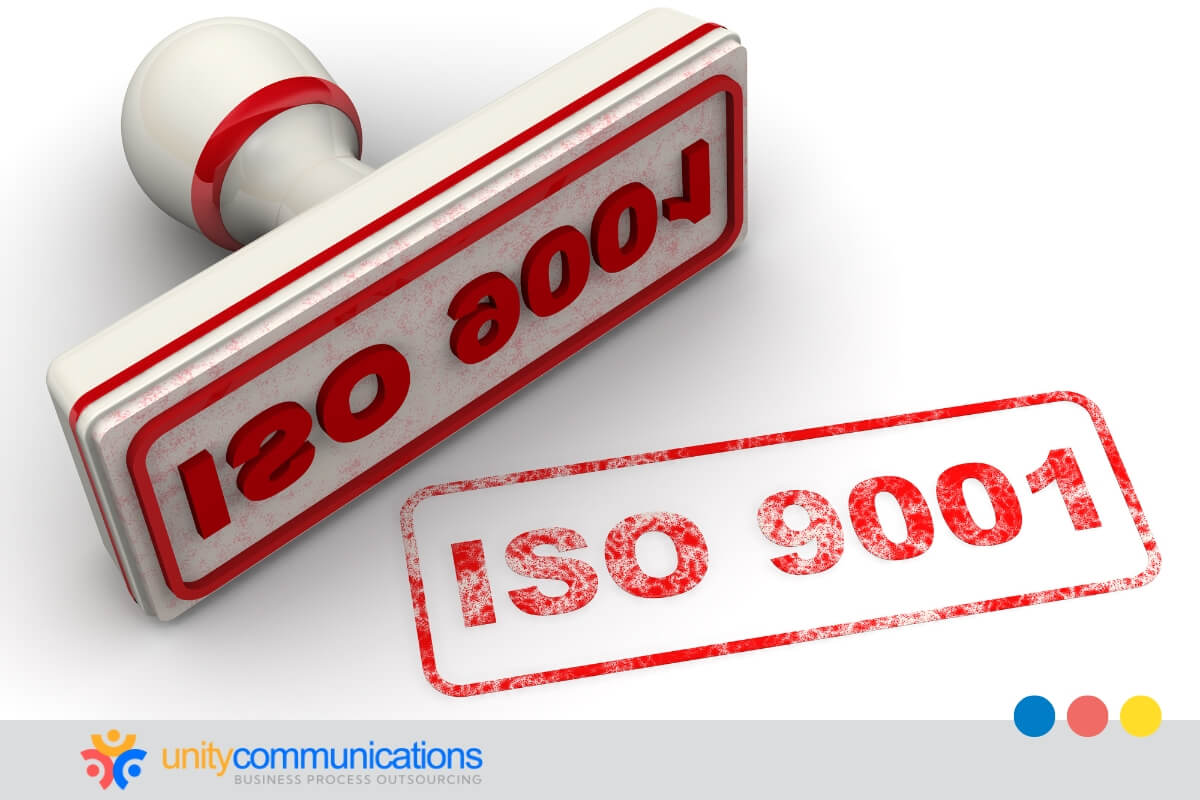IN THIS ARTICLE
Table of Contents
Patent research is a critical business process as it helps you manage and safeguard intellectual property (IP). It’s also the function that enables you to avoid duplicating already-existing ideas and paying hefty fines for IP rights violations.
However, patent research can divert precious human resources from your core competencies. Many companies thus turn to business process outsourcing (BPO). This strategy allows organizations to leverage third-party resources to manage IP and maintain focus on growth.
This article details how you can effectively leverage BPO in patent research. Keep reading to learn valuable insights for outsourcing success!
Selecting the right BPO provider

First, what is BPO? It is a business strategy in which a company delegates non-critical operations to a third-party vendor. Partnering with a BPO firm allows you to streamline patent research processes without investing in additional technological infrastructure. It also lets you scale staff without long-term employment commitment.
Not all BPO providers are made equal. When looking for the right BPO partner in patent research, you must ensure your prospect has the necessary expertise and is a good match for your company.
The success of outsourcing patent research is mainly dependent on choosing your vendor wisely. Here’s how:
- Identify potential providers. Compile a list of BPO providers specializing in patent research. Use industry directories, online searches, and recommendations from peers in the field to create a comprehensive list.
- Evaluate expertise. Examine the prospect’s experience in patent research specifically. Look for detailed case studies, client testimonials, and involvement in patent-related projects. Prospective partners must understand the nuances of patent research and have a proven track record of handling complex patent data.
- Employ assessment strategies. Consider conducting a trial project or pilot program with potential providers. Note how well they communicate, their punctuality, and the quality of the work delivered. Additionally, gauge how they handle intellectual property in outsourcing. Pay special attention to their data security and confidentiality protocols.
- Consider cost-efficiency. Analyze each provider’s cost-effectiveness. Although cost savings should not be your only deciding factor, you must ensure that the provider’s services align with your budget. Evaluate its pricing models and check for hidden costs that could affect the value of its services.
Integrating BPO services into patent research workflows

What’s next after choosing the right BPO partner in patent research? It’s integrating BPO services into your research workflow. Optimize this process to ensure the partnership enhances efficiency.
Here’s how to blend BPO services with your internal processes:
Understand your current workflow
Before integration, know your existing research workflow. Document each step, from initial data gathering to the final analysis phase. This detailed mapping identifies areas that can benefit the most from BPO services, streamlining transitions and maintaining workflow integrity.
Design integration points
Determine which tasks are suitable for outsourcing, such as mining data, sorting through prior art, or screening initial patent applications. Work closely with your BPO provider to establish clear integration points. Its systems must be compatible with yours to enable seamless data exchange and consistent communication.
Leverage technology
Embracing the latest tech tools is crucial to integrating BPO services. The best BPO firms use advanced technologies, such as artificial intelligence (AI), to make patent searches more efficient. However, you and your BPO partner must be aware of the potential risks associated with such technology.
For instance, using AI in patent research has prompted lawyers to warn of its impact on patent protection. A 2023 study by analytics consultancy Clarivate revealed that 74% of global firms weren’t ready to embrace AI, citing accuracy concerns. Being wary of these risks is essential to effectively using technology in BPO integration.
Train staff and collaborate
BPO professionals are undoubtedly industry experts, but they still require training to collaborate effectively. Regular training sessions and joint meetings align strategies and ease communication. This creates a collaborative environment where everyone understands how their efforts contribute to the successful integration of BPO in patent research.
Manage confidentiality and IP protection
Addressing IP concerns in BPO relationships is critical. Integration should involve strict protocols and agreements that safeguard sensitive information. This is especially important when dealing with patent applications and interactions with the patent and trademark office.
Consider these factors when integrating BPO services into your research workflows. A strategic approach to BPO integration allows your research and development team to focus on core activities.
Maintaining compliance and quality of outsourced patent research

Once integrated, you must verify that the outsourced patent research processes continue to perform well. Closely monitor adherence to standards. Is your BPO provider up-to-date with the latest regulations? Does it regularly train its team for compliance?
Compliance with ISO 9001 and ISO/IEC 27001 is particularly important. ISO 9001 ensures consistent quality in BPO operations, while ISO/IEC 27001 secures information, which is crucial in patent research to protect your data and IP.
Consider the guidelines set by the World Intellectual Property Organization (WIPO). WIPO standards help businesses align with international norms and practices in patent research. This is vital for maintaining global legitimacy and protecting IPs across various countries.
Audit the BPO team’s work regularly to determine whether they can maintain quality and meet the necessary standards for all processes. Use the insights to identify and address areas for improvement.
Lastly, establish robust quality control at every research stage. This approach minimizes errors and guarantees the integrity of the research from data collection to the final report. It also enhances efficiency and guarantees reliable research outcomes.
The bottom line
Handling patent research internally can be time-consuming and resource-intensive. Expert BPO services can help streamline the process, freeing up your resources and giving you a competitive edge.
Partnering with a specialized BPO firm such as Unity Communications boosts operational efficiency and helps your research meet global standards. This support is crucial for effectively protecting your innovative ideas.
Let’s connect if you’re ready to take your patent research to the next level.





